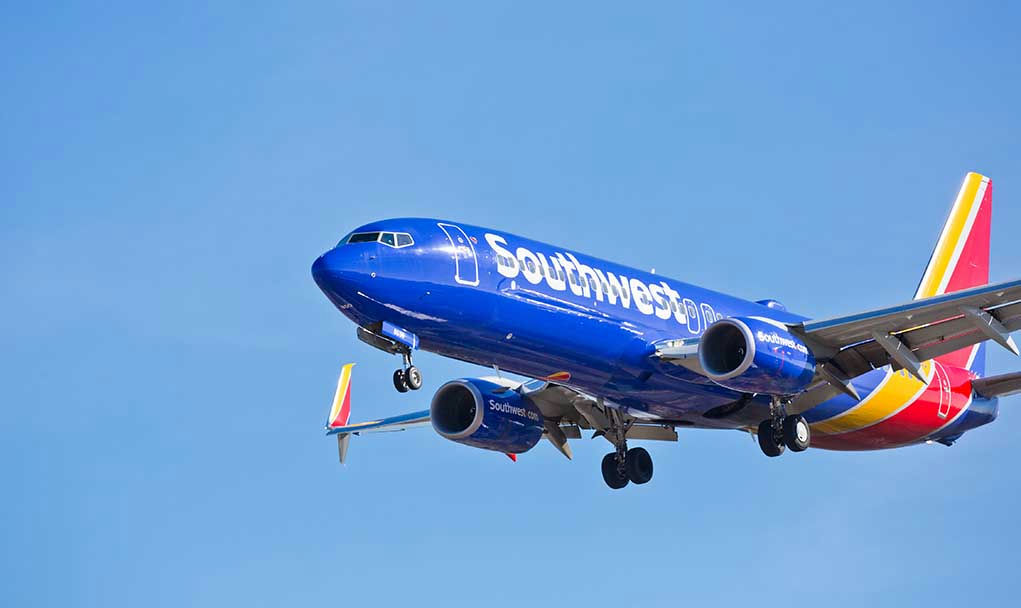Aviation safety standards are under the microscope as the Air India crash reveals alarming oversight in pilots’ mental health and psychiatric drug use.
Mounting Concerns Over Pilot Mental Health
The Air India Flight 171 crash has reignited a critical discussion about the mental health of pilots and the aviation industry’s responsibility in monitoring psychiatric drug use among flight crews. Historically, aviation disasters linked to pilot mental health, such as the Germanwings Flight 9525 crash, have prompted regulatory reviews. However, the implementation of robust mental health protocols has been inconsistent globally. The tragic event on June 12, 2025, which claimed 260 lives, has exposed significant gaps in India’s aviation safety standards.
Before the crash, industry-wide warnings about pilot fatigue, stress, and inadequate psychological profiling went largely unheeded. Despite these alerts, systemic changes were minimal, leaving pilots with high workloads and insufficient mental health support. The crash occurred during a broader debate over aviation safety standards in India, where critics have pointed out regulatory gaps and a culture that often stigmatizes mental health issues among pilots.
Stakeholders and Systemic Failures
Air India, the national carrier, is at the center of this crisis, responsible for the selection, training, and oversight of its crew. The Directorate General of Civil Aviation (DGCA), India’s aviation regulator, is tasked with enforcing safety and health standards but has been criticized for its reactive rather than proactive approach. The Aircraft Accident Investigation Bureau (AAIB) is leading the investigation, with Boeing, the manufacturer of the Dreamliner aircraft involved, cleared of any fault in preliminary findings.
Air India crashed after taking off. The plane was seen struggling to gain altitude before crashing into a fire ball.. Over 200 people were on board..#AirIndiaCrash pic.twitter.com/xacH20AlSe
— Sudhir Byaruhanga (@Sudhirntv) June 12, 2025
Experts like Captain Ranganathan have been vocal critics of current practices, emphasizing that systemic neglect of pilot mental health is a major issue. They argue for routine psychological profiling and better work-life balance for pilots. The power dynamics reveal that while the DGCA holds regulatory authority, airlines like Air India have significant operational autonomy but face criticism for prioritizing efficiency over crew welfare.
Current Developments and Investigations
As of July 18, 2025, investigations continue, with a significant focus on the mental health of the pilots. Reports suggest that one pilot had a history of depression and was possibly on psychiatric medication at the time of the crash. Preliminary investigations found no evidence of mechanical failure, raising concerns about deliberate human intervention. This has sparked intense public debate about the adequacy of current mental health protocols for pilots.
Breaking News Air India. Why you would choose to fly such an airline is beyond me. Pilot switched off the fuel.
Killing everyone but one person. pic.twitter.com/D2ZnypWViF
— Mrs S 2023 😘 (@MrsS2023) July 17, 2025
Recent statements from experts like Captain Ranganathan have criticized both Air India and the DGCA for ignoring warnings about pilot fatigue and mental health. Boeing, while not implicated, has expressed its willingness to support the ongoing investigation. The AAIB has yet to publish a final report, but the preliminary findings have already prompted calls for systemic reforms in pilot mental health management.
Impact and Future Implications
The immediate impact of the crash is devastating: 260 lives lost, trauma for families, and disruption of Air India’s operations. There’s heightened public anxiety about air travel safety in India. In the long term, the incident could lead to regulatory reforms regarding pilot mental health screening and support, as well as changes in airline operational policies. The incident may prompt international airlines and regulators to revisit mental health protocols and drug screening policies for pilots, potentially influencing global aviation standards.
The economic implications for Air India could be severe, with potential financial losses due to lawsuits, compensation claims, and diminished public trust. Socially, the tragedy has intensified the stigma and debate surrounding mental health in high-responsibility professions. Politically, there’s pressure on regulators and government officials to enact reforms and restore confidence in aviation safety.

